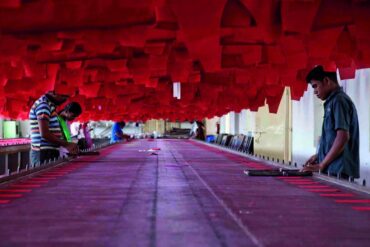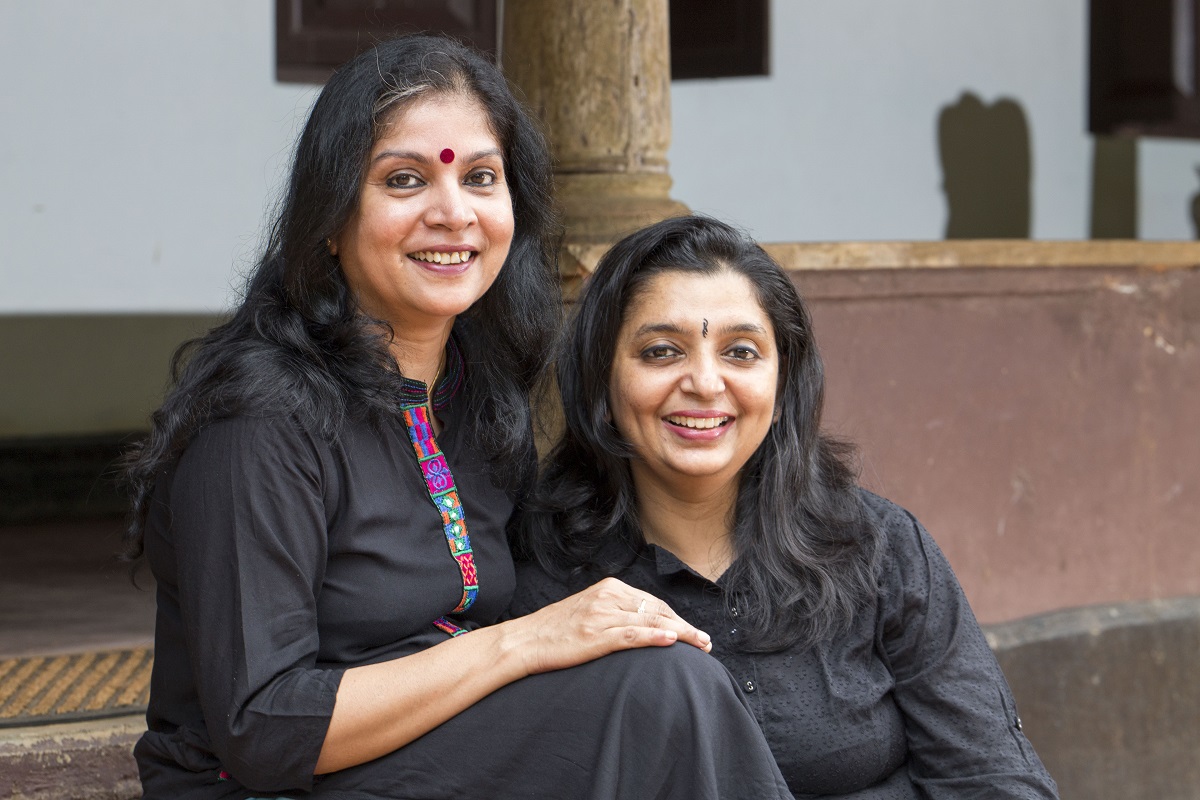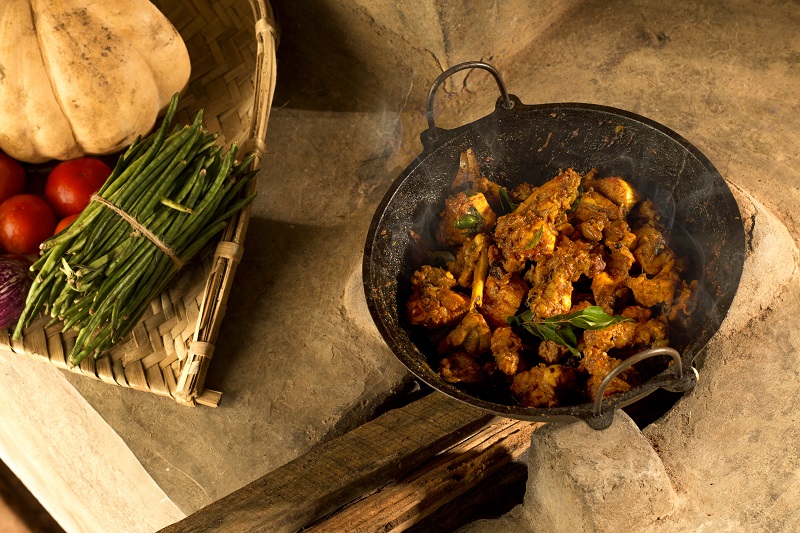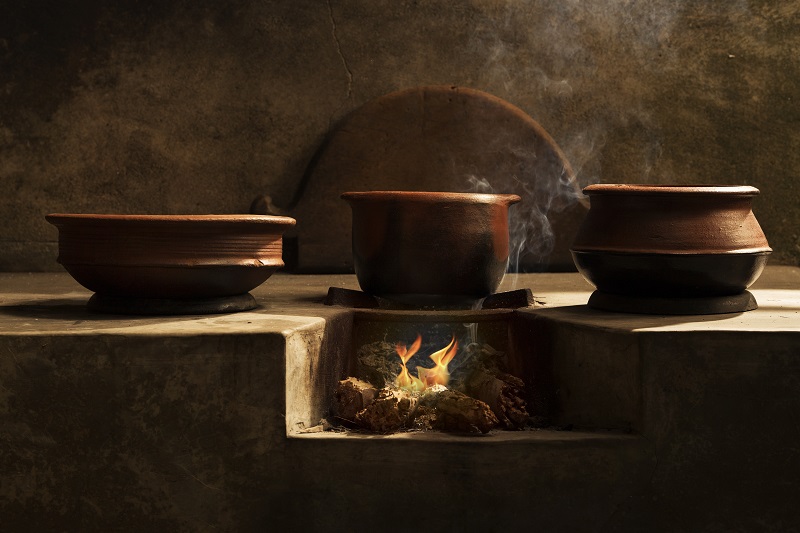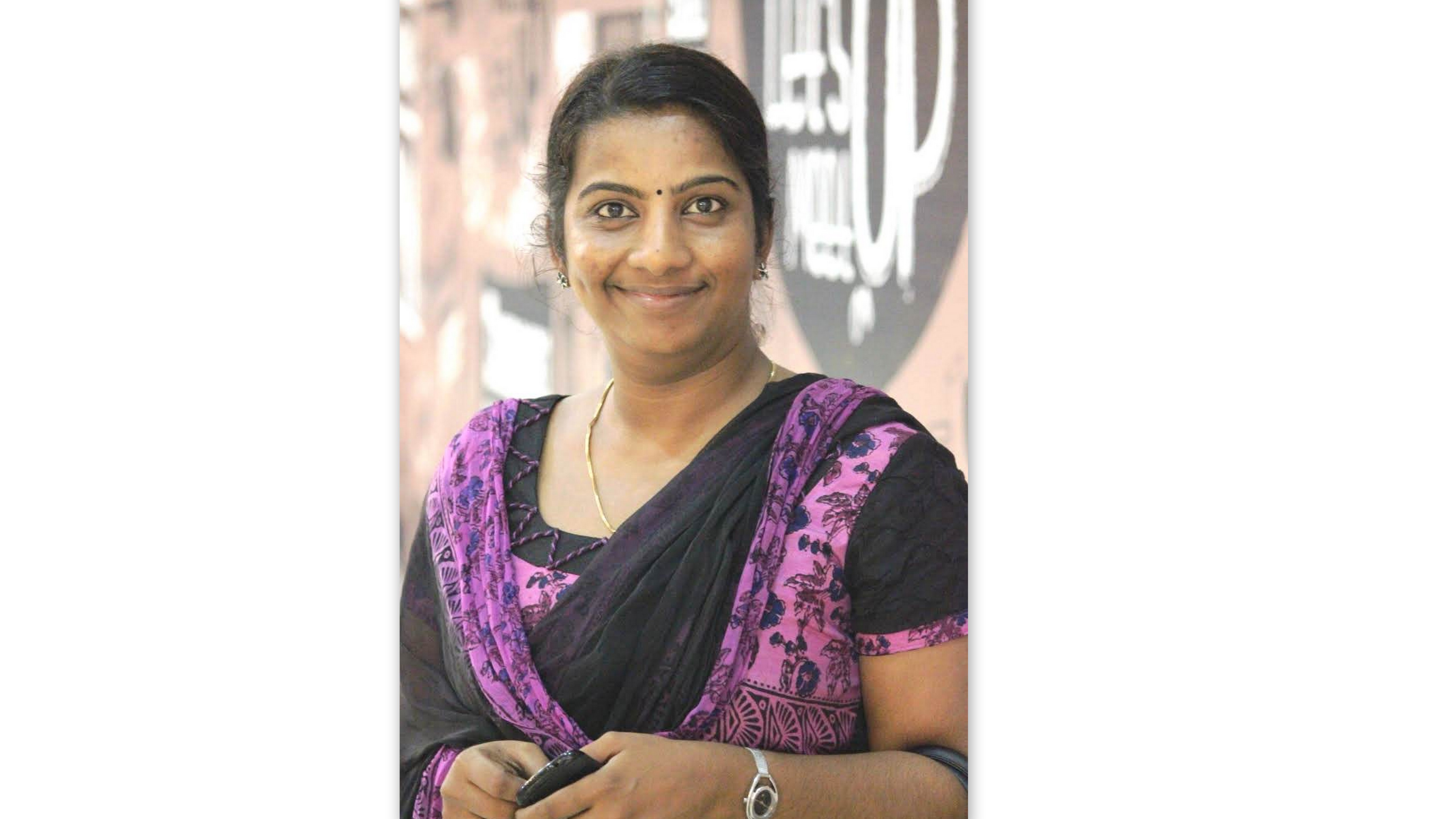When was the last time you had Mezhakuperatti made in a cast iron vessel or Kanji in a clay pot? When you last visited your grandmom perhaps? The new generation or the millennials as we call them would probably have no idea what a clay pot fish curry would taste like.
“Apart from flavour, traditionally seasoned cookware come with many benefits,” says Priya Deepak, co-founder of The Village Fair, a startup that specialises in hand-seasoned cookware.
The idea was born when founder Radhika Menon read about a doctor in Canada who invented the method of dropping a cast iron fish into a wok while cooking to cure iron deficiency.
“Radhika then posted a picture of her cast iron wok on Facebook saying cooking in cast iron is what her grandmother used to do, which raised many queries on where to obtain it from. She realized that the newer generation doesn’t know about the benefits of cooking with traditional utensils. Nor do they know how and where to obtain them. She called me with the idea and roped me in to become a partner and thus, The Village Fair was born,” Priya says.
Based in Kochi, both Radhika and Priya have a corporate background. While Radhika was working as a professional executive coach, Priya has been working as a management professional in the IT industry. The duo met about seven years ago as client and consultant and forged a strong friendship since then. “And now we are business partners as well,” says Priya.
Seasoned with love
So, what exactly does The Village Fair do?
“We procure good quality iron and clay utensils, and season them. We wash the utensils in kaadi vellam or water in which rice has been washed. The clay pots are fired after being soaked in kaadi vellam or kanji vellam for better durability. The process is repeated at least three-four times over the week to make sure the utensil is free of impurities,” Priya explains.
They started out with three women who knew how to traditionally season utensils and now are a team of 15-20 men and women who are paid a monthly salary.
“Besides nutritional and flavour benefits, food made and stored in traditionally seasoned utensils don’t get spoilt easily,” Priya says.
These utensils are also durable and can be passed on from one generation to the other. Somewhere down the line, we have forgotten the benefits of using traditional utensils and gave them up for Teflon-coated and steel ones to save time.
“But slow-cooked meals are healthy and teflon coating can become toxic over time. Once an order is placed, it takes approximately ten days for it to reach the customer post seasoning and testing the vessel. We make Appams, Unniappams and curries in the woks and clay pots to make sure that the seasoning has been done to the right degree and the flavour isn’t compromised,” Priya says.
Handle with care
So how do we care for these carefully hand-seasoned cookware? As far as Dosa girdles and iron woks are concerned, gently scrub them using a mild detergent (avoid the metal scrubber). Keep it over a flame to make it bone dry before giving it a coating of oil and store it in a dry place. Same goes for clay pots, except, one has to avoid scrubbing them excessively.
The Village Fair products are available at e-commerce sites like Peacockcolours and Marketstreat. It is also available at Cannanore: A Lore Loom at Bangalore, and Dhanyam Organic, Chennai. As much as 5% from their sales profit goes to Mehac, an organisation dedicated to mental health. The clay pots are priced between Rs. 650-850, while the iron ware can go up to Rs. 2,200. The Village Fair also stocks stoneware and bronzeware.
To know more, visit their website.



